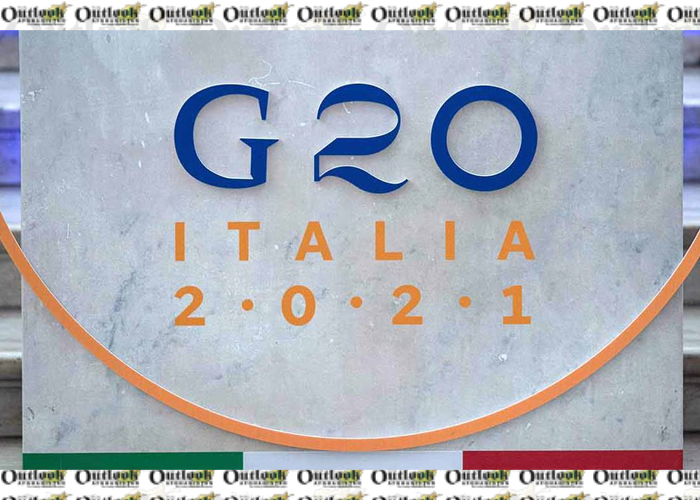Multilateralism has been on the defensive in recent years. In a global setting that is more multipolar than multilateral, competition between states seems to prevail over cooperation nowadays. However, the recent global agreement to reform international corporate taxation is welcome proof that multilateralism is not dead.
But it is not healthy, either. While globalization has continued during the COVID-19 pandemic – albeit more unevenly than before and despite people’s feelings of increased isolation – interdependence is ever more conflictual. Even soft power is being weaponized, with vaccines, data, and technology standards all becoming instruments of political competition.The world is also becoming less free. Democracy itself is under attack, amid a pitched battle of narratives over which political and economic system can best deliver for its citizens.
The European Union continues to believe in and work for a predictable world of rules-based multilateralism, open markets, positive-sum outcomes, and social justice and solidarity. We remain convinced that today’s challenges – from fighting the pandemic to tackling climate change – can be handled only through global cooperation. The EU will thus continue to lead on reviving rules-based multilateralism, in order to show our citizens the concrete benefits of a seemingly dry, technocratic concept.
After all, the alternative to such multilateral engagement – “going it alone” – means reduced access to vaccines, insufficient climate action, festering security crises, inadequately regulated globalization, and increasing global inequality. No country, not even the biggest, can succeed on its own. For all these reasons, Italy has rightly put multilateralism atop the agenda for its current G20 presidency.
But it is not enough for the EU merely to emphasize its multilateral credentials. Europe must demonstrate that multilateral action can deliver for all if every country invests in it. And the new global tax agreement does just that.
The deal, endorsed earlier in July by G20 finance ministers and backed by 132 countries, will establish a global minimum tax rate of at least 15% for multinational corporations and ensure that these firms pay taxes in the countries where they generate their profits. This is a historic step toward fairer globalization and a landmark achievement of effective multilateralism.
In recent years, governments have taken important steps to tackle tax evasion by individuals. According to the OECD, the automatic exchange of tax information between states netted €95 billion ($112 billion) in additional tax revenue for G20 countries between 2009 and 2019, while deposits in tax havens fell by 34%. But curbing tax avoidance by multinationals, an even bigger problem, has proved more difficult. The OECD estimates that multinationals’ tax avoidance results in global revenue losses of $100-240 billion each year, or 4-10% of total corporate-tax proceeds. Moreover, the current international corporate tax system was designed more than a century ago and is increasingly out of sync with today’s globalized and digitalized economy.
The EU has long strived to mount a global response to this challenge. But it was the constructive engagement of US President Joe Biden’s administration over the past six months that enabled the recent breakthrough. This was a striking and welcome sign of America’s return to supporting a multilateral vision of the world.
The 132 jurisdictions currently supporting the new corporate-taxation deal represent 90% of global GDP. And while the agreement will not by itself fully solve the issue of multinational firms’ tax avoidance, it is a decisive step forward. It marks the beginning of the end of the global race to the bottom in corporate tax rates, a contest that has produced some very rich winners but also billions of losers who can now start regaining faith in the power of rules.
The agreement will lead to higher and more stable government revenues at a time when all countries must bear the costs of battling the pandemic and mobilize the investments needed to tackle the climate crisis. And it will deliver greater fairness at a time of increasing inequalities between the developed and the developing world. Above all, the recent tax accord shows how multilateral action can foster a more equitable form of globalization. We now need similarly effective international responses in other areas, from vaccine access and the climate crisis to data security and technology standards. Future generations will not forgive us if we waste the pandemic’s main lesson: that we are in this together. We need wise strategies and bold tactics to deliver on a truly multilateral agenda for all.
Home » Opinion » A Big Step Forward for Global Tax Justice
A Big Step Forward for Global Tax Justice
| Josep Borrell and Paolo Gentiloni

